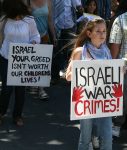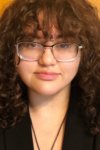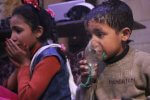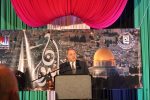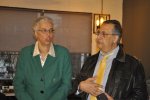![]()
Al Jazeera: Palestinians debate impact of Diaspora efforts
Veteran Arab American journalist Ali Younes explores the challenges facing the Palestinian Diaspora in his most recent feature on the recent gathering of Palestinian activists in Istanbul. Click here to read the Al Jazeera Feature.
Ali Younes, an award winning professional journalist who has traveled throughout the Middle East, interviews three key activists and writers to explore their views of why the Palestinians are unable to come to a consensus on what needs to be done.
Younes covered a major international gathering of the Palestinian Diaspora held in Istanbul, Turkey recently. The Istanbul conference on the challenges facing the Diaspora included a large segment of activists and thought leaders from two major regions, the Arab and Muslim Worlds, and from the West with the largest contingent coming from South American countries like Chili, Honduras, Venezuela and Colombia.
Palestinians and activists attended from more than 50 countries at the conference which took place at the end of February 2017.
The activists interviewed by Younes include Mohamad Dalbah, a Palestinian journalist based in Washington D.C. who writes for many Arab World publications. Dalbah argues that Palestinians need to stick to their demands for justice which are based on the international rule of law.
Dalbah argues that although Israel has colonized and occupied Palestine, imprisoning the Palestinians in a brutal military occupation, Palestinians should not compromise because the land will be there no matter how long it takes.
Palestinian journalist Ray Hanania, editor of TheArabDailyNews and a weekly columnist with the Arab News based in Saudi Arabia, argues that Palestinians in the Diaspora are divided between two core groups, those who have been raised and whose experiences have been nurtured in the oppression of the Arab and muslim Worlds, and those Palestinians who have raised and nurtured under the oppression of the West. But Hanania argues that while Palestinians are oppressed in the West, they have been able to think more openly and more creatively about the challenges facing Palestinians.
“Palestinians who live in the Arab and Muslim World believe that they should get all or nothing. So far, they have gotten what they wanted. Nothing,” Hanania said.
Hanania said that Palestinians who live in Western countries such as in South America, have been even more free to express themselves and become engaged and experienced in politics.
Younes also interviewed Dr Miguel Lama, a third-generation Palestinian Chilean professor of heart surgery who attended the Istanbul conference.
Lama reflected the thinking of the Palestinian Diaspora in the West, arguing that Palestinians need to rebuild their state of Palestine on any land they can get back from the Israelis. Lama said that Palestinians attending the conference from South American countries are more engaged in their societies and have built coalitions with non-Arab activists and political and government officials in those South American countries, something that many Palestinians raised in the Arab and Muslims World have failed to do.
Lama notes that Palestinians who insist on all or nothing are thinking with their hearts, not minds that are experienced in free-thinking and creative strategies.
This year, the world will mark the 50th Anniversary of Israel’s military invasion of the West Bank, Gaza Strip and Jerusalem, and nearly 70 years since it colonized Palestine and established the state of Israel which thrives on racism, military oppression and Apartheid to exist.
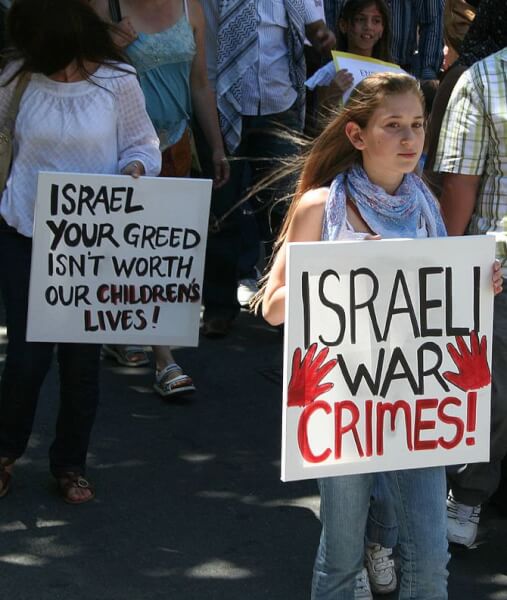


- Israelisnipers shooting and killing hospital workers in Gaza - December 11, 2023
- CAIR Condemns Israeli Executions of Wounded, Unarmed Palestinian in West Bank - December 11, 2023
- Arab and Muslim American voters face a “simple choice” between Biden’s inhumanity and Trump’s edgy politics - December 9, 2023













